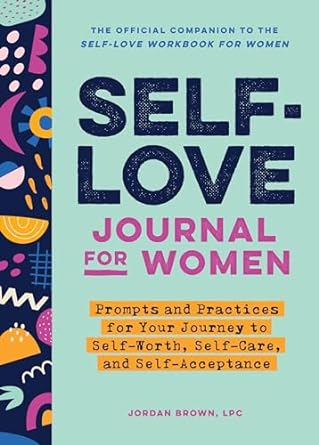"Empower Your Relationships: 10 Detailed Ways to Set Healthy Boundaries"
BLOGS
5/15/20243 min read


10 Detailed Ways to Set Healthy Boundaries in Friendships, Relationships, and Family
Healthy boundaries are essential for maintaining positive and fulfilling relationships with friends, partners, and family members. Boundaries help to establish mutual respect, promote open communication, and protect your emotional well-being. Here are ten detailed ways to set healthy boundaries in various aspects of your life:
1. Clearly Define Your Limits
Take the time to reflect on your values, emotions, and comfort levels. Clearly defining your limits can effectively communicate your boundaries to others. Whether about personal space, alone time, or specific behaviors that make you uncomfortable, articulating your limits is the first step in setting healthy boundaries.
2. Communicate Openly and Honestly
Open and honest communication is crucial when it comes to setting boundaries. Clearly express your thoughts, feelings, and needs to the people in your life. Avoid assuming that others will automatically know what your boundaries are. Instead, have respectful conversations to ensure your boundaries are understood and respected.
3. Be Assertive
Being assertive means standing up for yourself while respecting the thoughts and feelings of others. It involves confidently expressing your boundaries without being passive or aggressive. Practice assertiveness by using "I" statements to convey your needs and boundaries clearly and respectfully.
4. Take Ownership of Your Feelings
When setting boundaries, taking ownership of your feelings and emotions is important. Instead of blaming others for making you feel a certain way, express how their actions impact you personally. This approach can lead to more empathetic and understanding conversations, fostering healthier relationships.
5. Learn to Say No
Saying no is a powerful way to set boundaries and prioritize your well-being. Whether it's declining additional work tasks, social invitations, or requests for your time, saying no when necessary is a form of self-care. Remember that saying no is not inherently selfish; it's about honoring your limits and preserving your mental and emotional energy.
6. Prioritize Self-Care
Self-care is integral to setting and maintaining healthy boundaries. Prioritize activities that rejuvenate and energize you, whether it's practicing mindfulness, engaging in hobbies, or simply taking time for yourself. When you prioritize self-care, you reinforce the importance of your well-being, signaling to others that you value and respect your boundaries.
7. Evaluate Your Relationships Regularly
Periodically assess your relationships to ensure that your boundaries are being respected. When interacting with friends, partners, and family, remember how you feel. It may be a sign that your boundaries are not being honored if you consistently feel drained, disrespected, or unheard. Use these evaluations as opportunities for open discussions and re-establish boundaries if needed.
8. Seek Support and Guidance
Don't hesitate to seek support and guidance from trusted individuals or professionals when navigating boundary-setting in relationships. Whether confiding in a close friend, seeking therapy advice, or joining support groups, external perspectives can offer valuable insights and empower you to assert your boundaries effectively.
9. Set Consequences for Boundary Violations
It's important to set consequences for repeated boundary violations. Communicate these consequences clearly, and be prepared to follow through if your boundaries are disregarded. Consequences can range from taking a temporary break from the relationship to seeking professional mediation. Establishing consequences reinforces the seriousness of your boundaries and underscores the need for mutual respect.
10. Practice Self-Compassion
Setting and enforcing boundaries can be challenging, especially if you're accustomed to prioritizing others' needs over your own. Practice self-compassion as you navigate this process. Be patient with yourself, acknowledge your progress, and recognize that setting boundaries is an ongoing journey. Cultivating self-compassion can empower you to maintain healthy boundaries without guilt or self-doubt.
Implementing these ten detailed ways to set healthy friendships, relationships, and family boundaries can foster more meaningful connections while prioritizing your emotional well-being.








